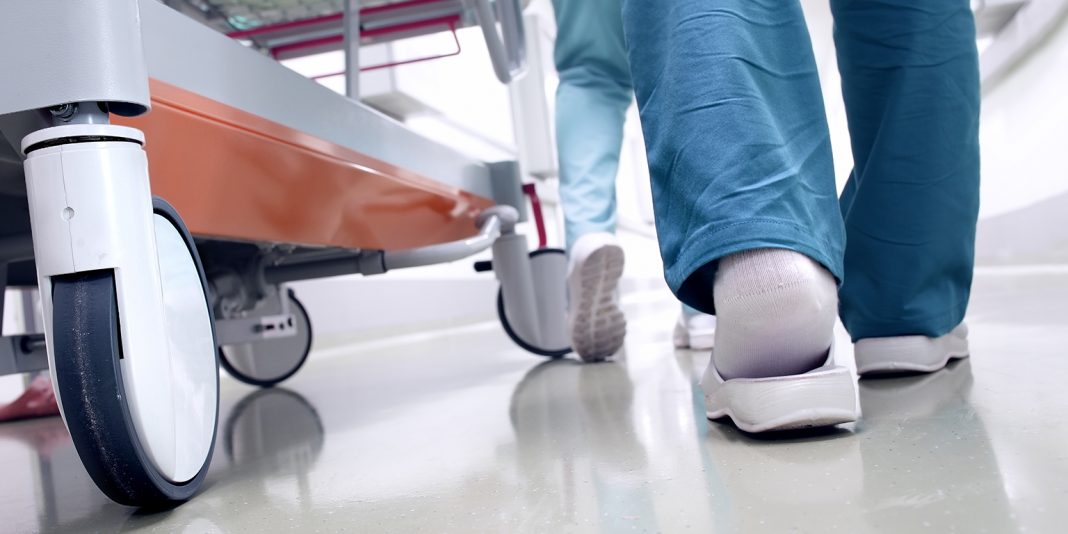The care of an elderly man, who was forced to wait four days for surgery on his broken hip and then deteriorated and died, has been criticised by the Health and Disability Commissioner.
Health and Disability Commissioner Anthony Hill has found the Waikato District Health Board failed to provide adequate care to a 78-year-old man during his hospital admission, which occurred in 2013.
The man had lived at home with his wife and been active and mobile, although he suffered from emphysema. He was admitted to the emergency department at 10.36am on a Friday after falling over at home and was diagnosed with a displaced left neck of femur fracture.
The orthopaedic surgeon on that day decided an acute total hip joint replacement was needed and anticipated he would be operated on later that day. However, at 6pm the surgeon finished for the day and handed over to another consultant orthopaedic surgeon.
The man was due for surgery on Saturday, but at 8am the surgeon decided it was better to defer it until Monday, despite the optimal time frame for such acute surgery being no more than 48 hours.
The first doctor said surgery was delayed because there were others more in need of an operation. The second surgeon said there were no dedicated orthopaedic theatres available over the weekend and that it was best to wait until a weekday when staffing levels were higher and he could be better looked after.
In the evening of his fifth day in hospital, a Tuesday, he finally had the operation.
The day after surgery (day six) the man began to deteriorate and when his Adult Deterioration Detection System (ADDS) score reached four that afternoon the nursing staff contacted a house officer. The man’s ADDS continued to fluctuate that night between 3 and 7 and he was reviewed by a house officer but a senior medical officer was not called.
The man improved during the daytime hours of day 7 (an ADDS score of 0-1) but then deteriorated that evening, rising to 4 and then to 11 at 10.30pm and leading to an intensive care review and admission to a High Dependency Unit. The man died on his 13th day in hospital.
Hill said the hospital had a policy that a senior medical officer should be contacted if a patient deteriorated rapidly, as the man did between day 6 and 7 of his hospital admission, but that did not happen.
Hill said the case highlighted particular hospital systems issues that contributed to the provision of suboptimal care: in particular, the delay in carrying out the surgery was more than double the optimal timeframe for such surgery, and a failure to escalate appropriately to senior staff, in accordance with DHB policy, when the man deteriorated post-operatively.
As a result, it was found that the DHB failed to provide services to the man with reasonable care and skill, Hill said.
He recommended that the DHB report back to him on the effect of the key changes it had made to its services on acute orthopaedic waiting times and quality of patient care.
The changes made by the DHB since the incident in 2013 included dedicated orthopaedic operating theatres, an acute escalation process, orthopaedic service subspecialising, and an integrated orthogeriatric service.
Hill also recommended that the DHB conducts a scheduled audit of the standard of care provided to acute patients with hip fractures, based on the Australian and New Zealand Guideline for Hip Fracture Care, and provides evidence of an up-to-date audit of staff compliance with the application of DHB policy, including the recognition of the deteriorating patient and the escalation of care to senior staff.
Source: New Zealand Herald with additional reporting by Nursing Review from HDC report





















